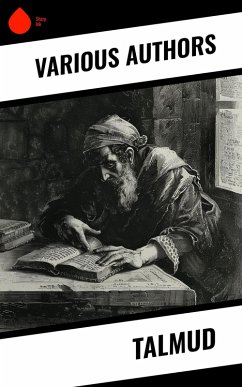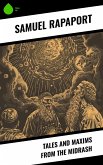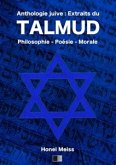The Talmud, a foundational text of Rabbinic Judaism, comprises a compendium of rabbinic discussions, laws, ethics, and theological insights. It is divided into two primary components: the Mishnah, a codification of oral laws, and the Gemara, an expansive commentary that examines these laws within various contexts. Its literary style is characterized by a dialectic method, enabling a multifaceted exploration of Jewish law and tradition through debates, anecdotes, and parables, often reflecting the socio-political conditions of the times in which it was edited. Spanning centuries and embodying diverse voices, the Talmud remains a critical touchstone for understanding Jewish identity and practice throughout history. The collective authorship of the Talmud reflects the collaborative nature of Jewish scholarship, with contributions from numerous sages and scholars across different eras, primarily from the 3rd to 6th centuries CE in Babylon and Palestine. This rich tapestry of voices speaks volumes about the cultural, religious, and historical milieu, revealing the authors' persistent inquiry into moral and ethical living amid changing circumstances and challenges. Their insights manifest a profound dedication to scholarship and the preservation of Jewish law and tradition. This esteemed work is indispensable for scholars, theologians, and anyone interested in Jewish thought and law. Engaging with the Talmud not only enriches one's understanding of Jewish culture but also provides timeless wisdom on ethical dilemmas and community life. As a critical source of Jewish spirituality, the Talmud invites readers to explore intricate debates, opening horizons to profound philosophical inquiry and spiritual growth.
Dieser Download kann aus rechtlichen Gründen nur mit Rechnungsadresse in A, B, BG, CY, CZ, D, DK, EW, E, FIN, F, GR, HR, H, IRL, I, LT, L, LR, M, NL, PL, P, R, S, SLO, SK ausgeliefert werden.









